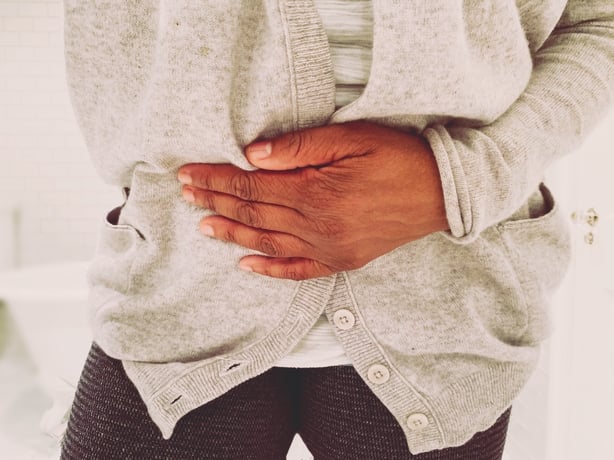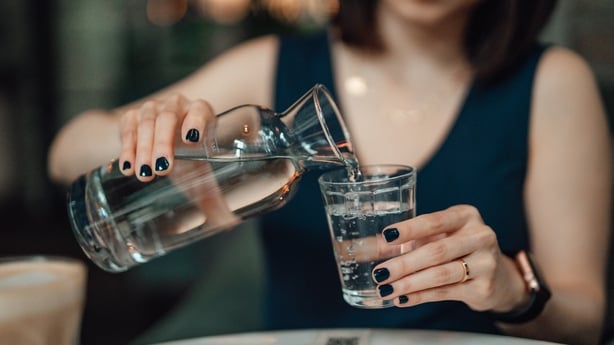For many women urinary tract infections (UTIs) are just one of life's many nuisances, albeit a particularly uncomfortable and often painful one. However, there are ways to prevent and treat them.
UTIs are incredibly common, but many still don't know how to properly manage them. One in four women experience UTIs, but they can plague men, too.
Dr. Christina Mulvany of webdoctor.ie joined Jennifer Zamparelli on 2FM to talk about how to treat and reduce urinary tract infections.
UTIs are infections that hit the urinary tract, and are caused by bacteria that make their way to the urethra, which is the connective channel between the bladder and outside our bodies. This can lead to cystitis, which is inflammation of the bladder, Mulvany explains, and even to kidney infections.

"We would have people all the time ... complaining about irritation, lower abdominal discomfort, maybe burning, stinging, frequency when passing urine", Mulvany explained. "You can get other symptoms like foul smelling urine, the urine can be a bit cloudy, waking up at night to pass urine often, little bit of discomfort in the lower abdomen."
She added that if the symptoms progressed into a kidney infection you could get pain in the kidney area, as well as high temperatures, nausea, vomiting, and more.
UTIs do seem to affect more women than men, leading Jen to ask why. "The plague of women", Mulvany laughed. "They have a very short urethra, so the outlet from the bladder to the outside is quite short so it makes it easier for bacteria to get up into the bladder".
"The statistic on it is basically no woman will get through their life without at least having one. Some people get plagued with them and it can happen at different times." Childhood, pregnancy or older age can be periods when women are more prone to UTIs.
When it comes to reducing the risk of getting UTIs, Mulvany said drinking more water is most helpful. "The aim is to drink about two litres or more if we can per day", she said.
Studies in Canada showed that drinking that amount of water per day can reduce your risk of having a repeating UTI by over 60%.
"Cystitis doesn't mean you have an infection, it like the symptom, I suppose, more. Cystitis can be caused by infection but you can also have cystitis from the urine being so concentrated because you're not drinking enough water and that concentrated urine is causing irritation to the bladder wall which is causing the discomfort and pain when passing urine."

Many women will have been told to chug cranberry juice to flush out a UTI, but Mulvany has another tip: "I usually suggest cranberry capsules more than the juice just from the point of view that cranberry juice itself has a lot of sugar in it. Not to say that cranberry juice won't work, it will work but if we want to avoid the sugar side of things, it would be good to take the capsules instead."
"You can use cranberry for cure", she added. "But you can also use it for prevention purposes. So if you were finding you get a lot of urinary tract infections, you're drinking lots of water but they're still happening, then yes, absolutely, adding cranberry capsules to your diet would be fantastic and hopefully reduce the risk."
Cranberry is a cure because it helps stop the bacteria from sticking to the bladder wall, Mulvany explained.
While antibiotics are usually the go-to remedy for UTIs – in fact, Mulvany added that they're the complaint that GPs prescribe antibiotics for the most – they're not necessary. Water, cranberry and ibuprofen will do the job just as well.
Peeing after sex is another often advised way of preventing UTIs, especially as sex is one of the leading opportunities for bacteria to get into the urethra.
To listen to the full interview, click above.

